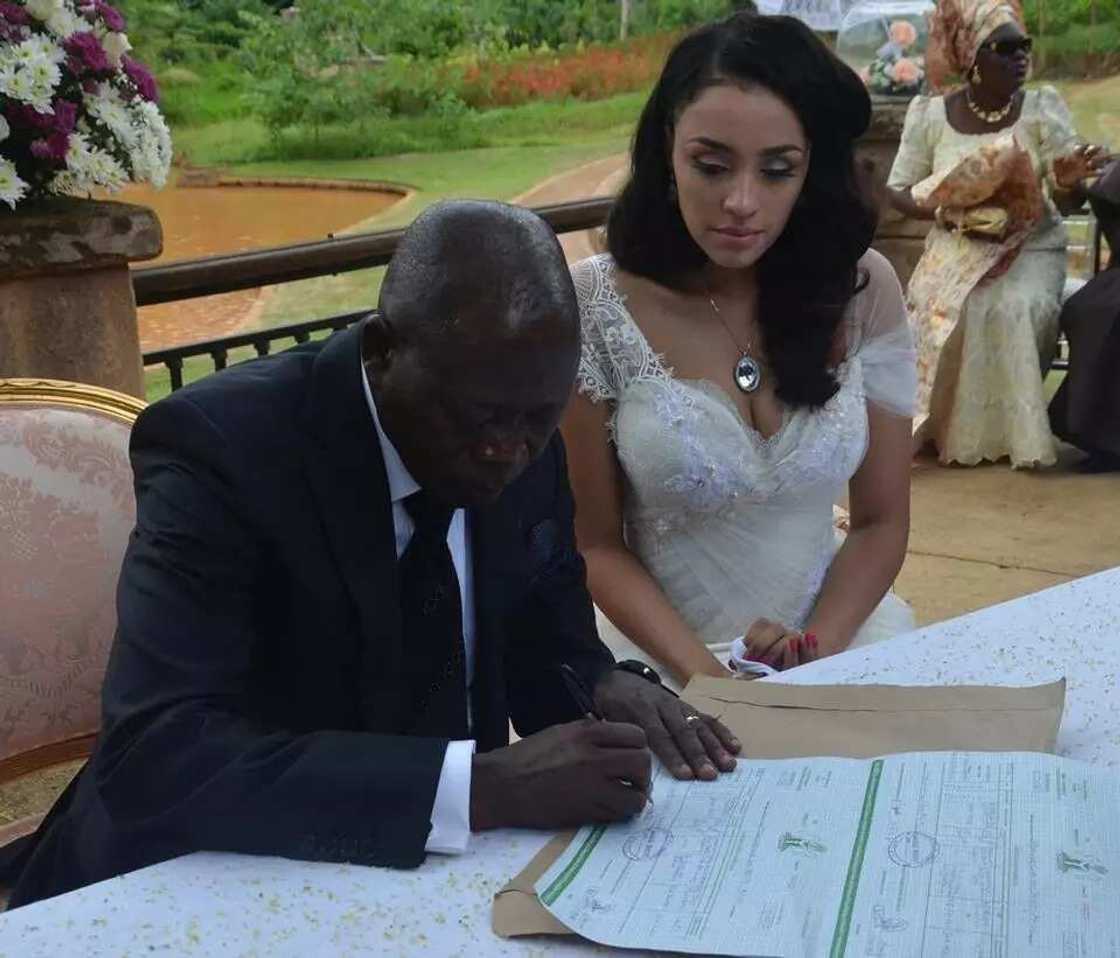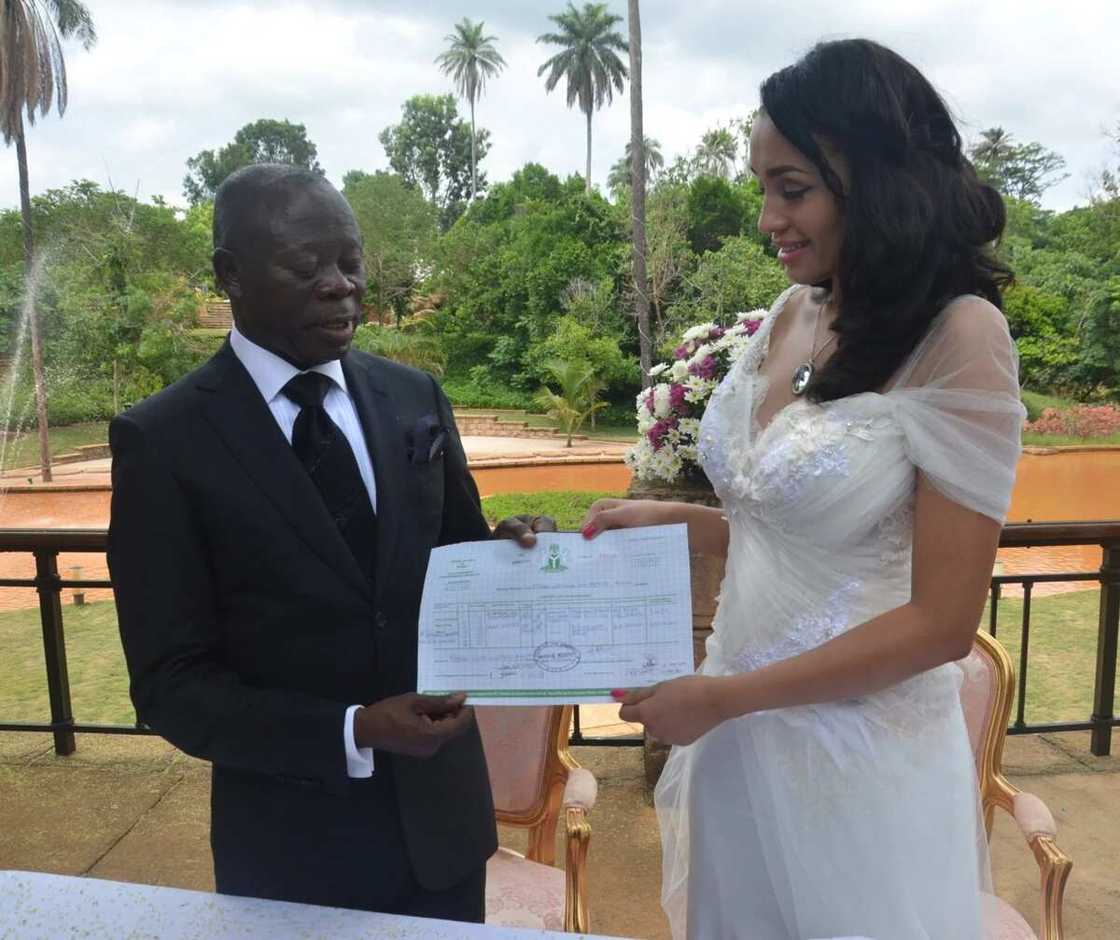Court marriage in Nigeria
Would you like to register your marriage in Nigeria and you are unaware of the procedure? Then this article will be quite helpful for you because it is dedicated to this very question. We are taking a precise look at every issue you are interested in and will discuss all the tiny nuances of the court marriage in Nigeria.

As everybody knows, the main nominative document that regulates social relations in civil and family law sphere is the ‘Marriage Act’. The rights and responsibilities of the spouses and their children and the legal consequences of divorce are illuminated in the law.
So, registering court marriage in Nigeria is a process that requires time, patience and a certain amount of money that serves as a fee. Let’s look through all the phases of the court marriage procedure.
Requirements for court marriage in Nigeria
First of all, to solemnize the marriage, one of the betrothed has to fill in and submit an application to the local registry office for consideration. The form must be filled thoroughly and accurately. The forms will be given to you for free. The registrar makes an appropriate entry to Marriage Notice Book. You can leaf through it if you are interested. After that, the registrar posts the marriage banns and hangs it on her office door. It stays there for three months right up to the date of issuing the marriage certificate. One more crucial point: the document can be delivered to the engaged couple at the end of 21 days, after paying the state fee, but not later than three months from the date of publication of the marriage banns.
The registrar’s certificate is processed under oath of the couple. These are the requirements for the betrothed:
- At least one of the engaged couple resides in the region where the marriage will be registered;
- each of the applicants has be at least 21 years of age ;
- if one of the applicants is under 21, his/her parents must write a consent to the marriage registration that will be added to the sworn testament;
- there are no obstructions to get married (spiritual, consanguineous or any other legal one);
- both applicants must not have been married to anyone else.
The applicant may swear at the office of the registrar, administrative officer or religious leader of the region. The official that accepts the affidavit has to explain to the applicants what the spiritual and consanguineous impediments are for the marriage solemnization and to inform them about the provided sanctions.
The ceremony of marriage registration may take place either in church or at the Registry Office. If future newlyweds decide to go to church, it must be a licensed one under the leadership of an authorized cleric or religious group leader. However, it is crucial to have at least two witnesses.

Read also
Coronavirus: Engaging activities you can do to avoid boredom following the stay at home order
After the ceremony is over, the cleric immediately fills the marriage certificate in two copies and jots down its number, date of the marriage registration, names of couple and witnesses. Both copies have to be signed by the cleric, spouses, and witnesses. After that, the spouses take one of the copies of the marriage certificate. The second one is sent to the local Registry Office. After a church marriage, optionally, newlyweds may go to the Registry Office and register their marriage there.

As a rule, anyone who commits a violation at the time of the wedding will be prosecuted. Depending on the nature and gravity of misconduct, a person may be jailed for up to five years. Among the violations of the law there are:
- one of the claimants is already married;
- one of the fiancés at the time of giving the written testimony is lying;
- the marriage was registered by an unauthorized official;
- false personal data are used at the wedding;
- the betrothed enter into marriage without relatives’ written consent (in certain cases);
- a person tries to impede the registration procedure under false pretenses, etc.
As for specific rights and responsibilities of spouses in registered marriage, Nigerian laws do not define them. The primary prohibition is entering into a new marriage without dissolution of a previous one. Besides, in the northern states of Nigeria where Islam is predominant, a woman’s role is limited to household chores. A man is the head of a family. He has got the right to restrict his wife’s movement within the country and communication with the outer world. Dura lex, sed lex.
Advantages of court marriage in Nigeria
So, what are the pros of legal marriage? There are a couple of them. First of all, in the case of court marriage, everything is done according to the law. Before a wedding ceremony, applicants’ personal data undergo a thorough and rigorous analysis to check probable violations or cheating. Consequently, if everything is in order, you can get a marriage certificate, if not, you will be sentenced. It means that the procedure secures both the bride and groom and you can be satisfied knowing your spouse does not have a hidden husband or wife somewhere.

READ ALSO: Latest bead necklace designs
Of course, you cannot live without your soul mate now, but no one knows what the future holds. Love and hate, getting married and divorced swings back and forth. Therefore you must protect your rights in case of the marriage dissolution. And the documents will help you. So, provide your marriage certificate and claim the right to grab 50 % of jointly acquired assets, etc. Think of your actions beforehand and act legally. Let’s look at the bright side and not take into consideration such a sad scenario.
Disadvantages of court marriage in Nigeria
Speaking of legal marriage cons, the first issue is time. Yes, it is a time-consuming process. You have to be patient and wait up to three months for all the paperwork will be sorted. For the warm hearted, it can be a real torment.
The other challenge for an average person is to fill in all the documents. One has to give personal data and fill in different forms. Moreover, one scarier thing is an affidavit, a so-called written notarized testimony. One mistake voluntary or unintentionally and you may have more serious problems with the law. Thus, it is required that you be completely honest and super-accurate while completing all the papers in Registry Offices.

We cannot omit the fact that court marriages are not free of charge. The fiancés have to pay a fee to get married according to the law. It is doubtful that this will, in any way, obstruct the personal happiness of the couple but still everything must be accounted for.
We hope that now you understand what court marriage in Nigeria is and how to deal with it. It is a serious step to enter into a marriage. To step into a legal one is even more severe. What more can we say? Get married and be happy. Nigerian laws will care and protect your future from any possible threats.

READ ALSO: Peplum gown styles: How to look fabulous at a wedding?
Source: Legit.ng






